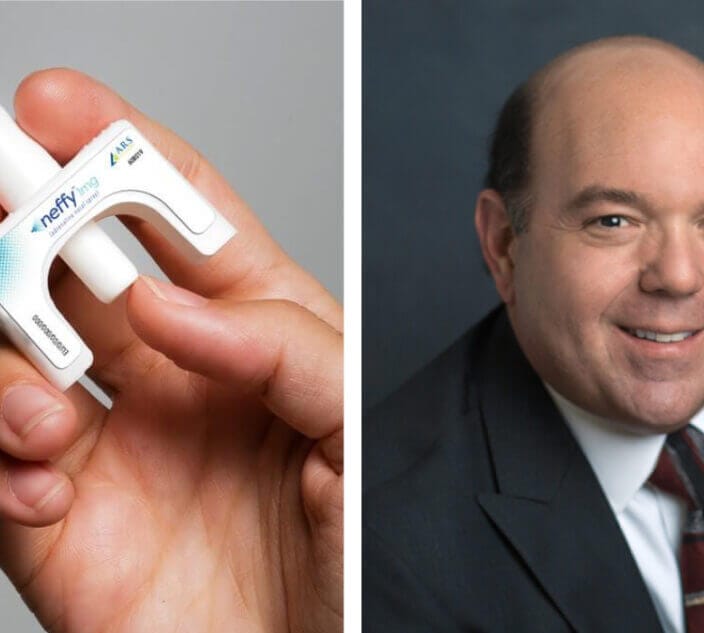 Photo: Getty
Photo: Getty As infants, all 511 children in the study, conducted by researchers with the Consortium of Food Allergy Research (CoFAR), had the risk factors of either moderate to severe eczema or a likely egg or milk allergy.
In a poster presentation at the 2018 AAAAI/WAO joint congress, the researchers reported a significant number – 40 percent – of these infants went on to develop peanut allergy.
Additional key risk factors for developing peanut allergy were found to be: not being breastfed, younger age at study enrolment, and higher Ara h2 IgE and higher peanut-specific IgE.
Interestingly, a number of factors, such as gender, ethnicity, parent history of allergy, using soy formula and having siblings were not associated with the development of peanut allergy in this group of children.
“The information can help allergists clue in on prediction of outcomes and alert them for prevention and treatment options,” said Dr. Scott Sicherer, chief of the division of allergy and immunology at the Icahn School of Medicine at Mount Sinai and one of the study authors.
The CoFAR researchers said that the protective aspect of breastfeeding warrants more study.
For full coverage of the 2018 AAAAI/WAO joint congress, see here.





